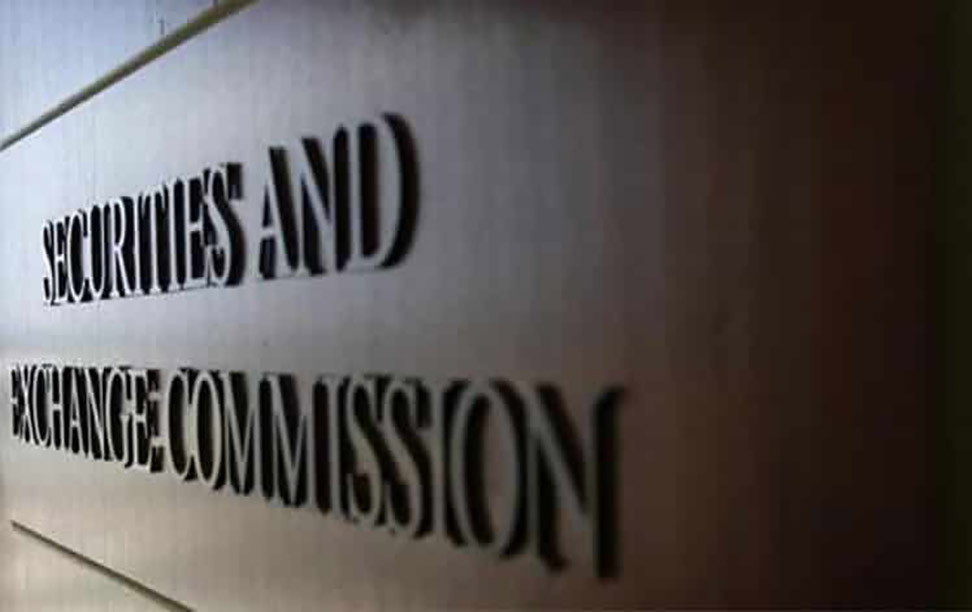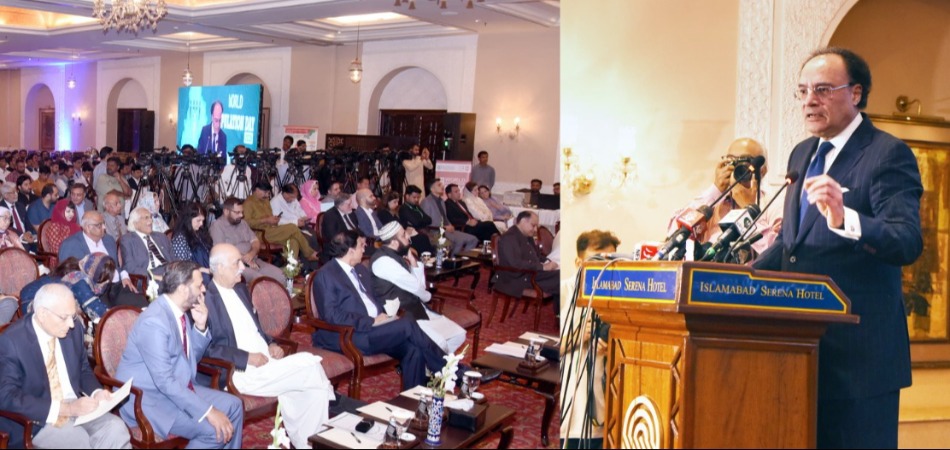IMF 2019: Aye or Nay?

MG News | July 05, 2019 at 04:42 PM GMT+05:00
July 5, 2019 (MLN): Now that Pakistan has finally inked a $6 billion bailout package deal with International Monetary Fund, it would be fascinating to see what repercussions this highly anticipated deal will have for the economy of Pakistan.
It would be worthwhile to note that this is the 22nd time Pakistan has taken financial assistance IMF, with each time putting up a “this is the last time” motto on the face of general public.
The much-needed financial aid which is spread over a period of 39-months, will also enable Pakistan to seek additional $38 billion from its international partners to help overcome the deep-rooted economic hurdles of the country.
However, there is no such thing as free lunch. Apart from the obvious loan payments, Pakistan will also be complying with a set of conditions which will have significant impact on various aspects of the economy.
Not a single soul is oblivious to how PKR has exhibited extreme case volatility against US Dollar in the past few weeks, all thanks to the government for leaving the local currency at the mercy of market forces.
A research note by Arif Habib has stated that absence of Central bank’s intervention along with stern targets to enhance foreign exchange reserves would mean that local currency would continue to depreciate against USD, until recurring inflows (Exports plus Remittances) are able to meet recurring outflows (Imports).
With respect to major sectors, E&P, Power, Chemicals and Fertilizer would benefit the most in terms of higher investment, as they have an upper hand in passing on the impact of currency devaluation on the consumers. On the contrary, sectors having limited ability to pass on the impact will face the brunt of weaker exchange rate, especially those having higher dependency on imports such as Cement, Steel, Automobiles, etc.
Even if the bailout package manages to put the macro-economic stability on track, it will certainly be done at the expense of slothful economic growth, further monetary tightening and aggressive tax revenue targets.
Further monetary policy tightening would mean higher interest rates to curb inflation. As a result, investors will have a higher inclination towards fixed income instruments as opposed to equity instruments.
Copyright Mettis Link News
Related News
| Name | Price/Vol | %Chg/NChg |
|---|---|---|
| KSE100 | 134,299.77 290.06M |
0.39% 517.42 |
| ALLSHR | 84,018.16 764.12M |
0.48% 402.35 |
| KSE30 | 40,814.29 132.59M |
0.33% 132.52 |
| KMI30 | 192,589.16 116.24M |
0.49% 948.28 |
| KMIALLSHR | 56,072.25 387.69M |
0.32% 180.74 |
| BKTi | 36,971.75 19.46M |
-0.05% -16.94 |
| OGTi | 28,240.28 6.19M |
0.21% 58.78 |
| Symbol | Bid/Ask | High/Low |
|---|
| Name | Last | High/Low | Chg/%Chg |
|---|---|---|---|
| BITCOIN FUTURES | 118,140.00 | 119,450.00 115,635.00 |
4270.00 3.75% |
| BRENT CRUDE | 70.63 | 70.71 68.55 |
1.99 2.90% |
| RICHARDS BAY COAL MONTHLY | 97.50 | 0.00 0.00 |
1.10 1.14% |
| ROTTERDAM COAL MONTHLY | 108.75 | 108.75 108.75 |
0.40 0.37% |
| USD RBD PALM OLEIN | 998.50 | 998.50 998.50 |
0.00 0.00% |
| CRUDE OIL - WTI | 68.75 | 68.77 66.50 |
2.18 3.27% |
| SUGAR #11 WORLD | 16.56 | 16.60 16.20 |
0.30 1.85% |
Chart of the Day
Latest News
Top 5 things to watch in this week
Pakistan Stock Movers
| Name | Last | Chg/%Chg |
|---|
| Name | Last | Chg/%Chg |
|---|




 MTB Auction
MTB Auction